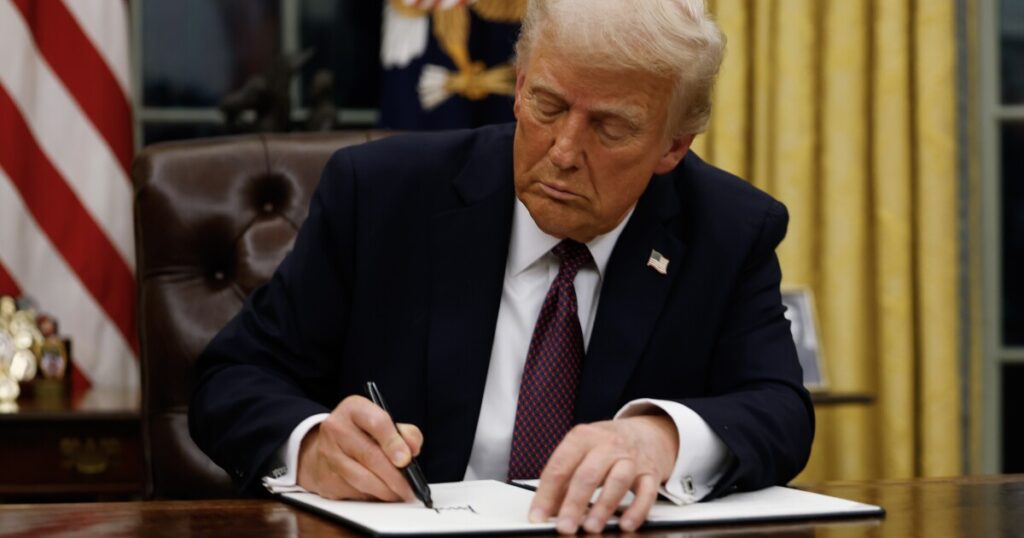An executive order from Donald Trump, aimed at challenging the birthright citizenship provision of the Fourteenth Amendment, has encountered significant legal opposition. A federal judge in Seattle has taken a decisive step in response to the executive order, which was set to alter long-standing citizenship rights in the United States.
Judge John Coughenour, presiding over a case filed in Washington state, ruled against the order, describing it as “blatantly unconstitutional.” This move was supported by Arizona, Illinois, and Oregon, which joined the lawsuit to halt the policy before its planned implementation in February.
“Frankly, I have difficulty understanding how a member of the bar would state unequivocally that this is a constitutional order,” Coughenour remarked, expressing his surprise at the defense of the order. His temporary restraining order has paused the administration’s efforts to enact the policy.
In a parallel legal battle, Nevada’s Attorney General Aaron Ford, along with attorneys general from 17 other states, filed a lawsuit challenging the executive order. Ford emphasized the unwavering nature of the 14th Amendment, stating, “The 14th Amendment’s guarantee of citizenship for anyone born on U.S. soil is not up for debate — it’s a fundamental right.” He viewed the judicial intervention as a “victorious step.”
Additional support for the legal challenge came from states including Colorado and New Mexico, highlighting the widespread opposition to the executive order.
Understanding Birthright Citizenship and Trump’s Proposal
Birthright citizenship in the United States is a principle enshrined in the 14th Amendment, which grants citizenship to all individuals born on U.S. soil, regardless of their parents’ citizenship or immigration status. This amendment, ratified on July 9, 1868, was a cornerstone of the Reconstruction Era, aiming to ensure equality and civil rights following the Civil War.
In the aftermath of slavery’s abolition through the 13th Amendment, African Americans faced numerous legal and social hurdles. The 14th Amendment sought to address these challenges by affirming citizenship and civil rights.
Trump’s administration targeted birthright citizenship as part of its immigration policy agenda. The executive order, signed on his first day in office, sought to exclude certain children born in the U.S. from obtaining citizenship. The policy, set to take effect for children born on or after February 19, 2025, challenged the traditional interpretation of the amendment. Trump claimed the amendment has not been universally applied to all individuals born in the United States.
For more details on the executive actions and policies, see the full order here.





